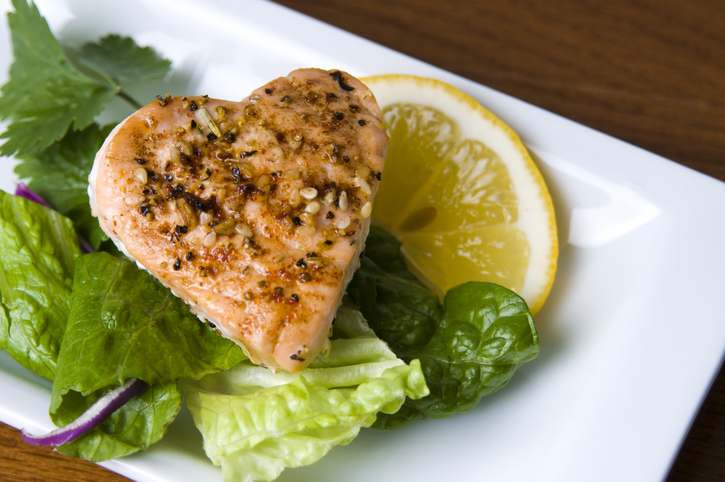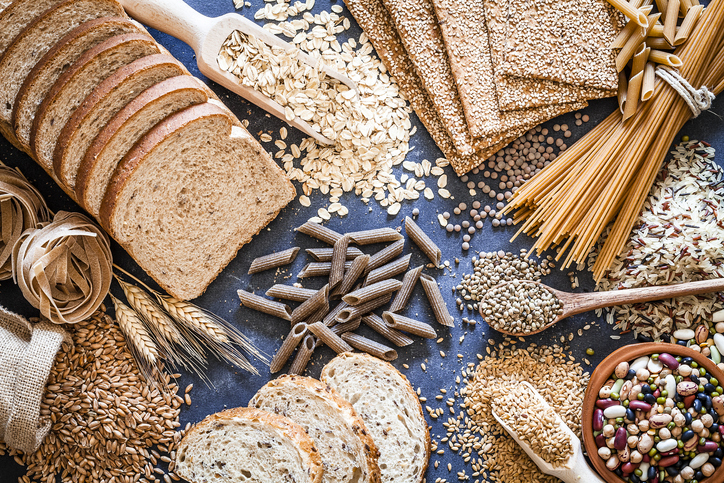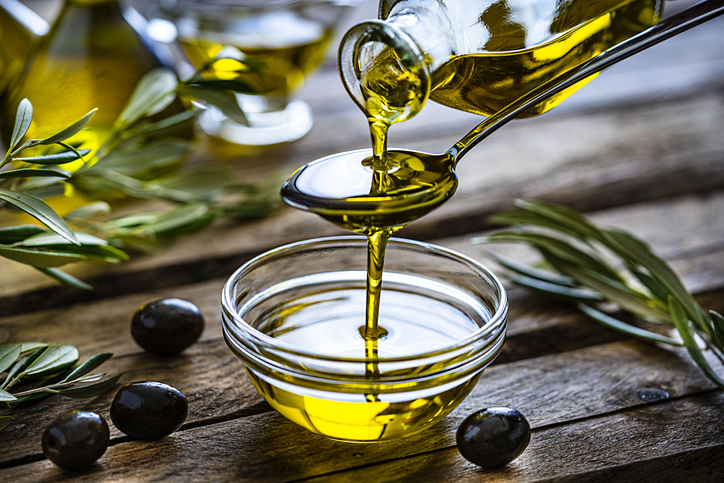Learn the differences between bronchoscopy and endoscopy, including what each procedure entails and...
Read More
When it comes to your heart, it matters what you eat. Healthy eating can improve your quality of life and help lower your heart disease and stroke risk. Here are ten foods you can start incorporating into your diet today.

According to the American Heart Association (AHA), eating fish and seafood regularly is associated with a lower risk for heart disease. “Fatty fish, such as salmon, contain omega-3 fatty acids, which are healthy fats that may support heart health by helping our bodies regulate the contraction and relaxation of the artery walls and may reduce inflammation,” said Jill Darminio, Lead Registered Dietician at Inspira Medical Center Vineland. “The AHA recommends eating two servings of fish each week.”
One serving of avocado has as much as 20 percent of your daily recommended fiber intake, and diets rich in fiber may lower your risk of heart disease by up to 30 percent. Avocados also contain oleic acid, a healthy fat that may help reduce the fatty build-up of low-density lipoprotein (LDL) cholesterol in the arteries.
“Nuts such as almonds and walnuts are good sources of protein and often contain heart-healthy nutrients like unsaturated fats, omega-3 fatty acids, fiber and plant sterols, which can help lower cholesterol,” said Darminio. “Aim to incorporate four to six servings of unsalted nuts into your diet each week.”
Blueberries and strawberries are rich in anthocyanins, chemical compounds that may help lower blood pressure and increase elasticity in your blood vessels. Add berries to breakfast foods such as yogurt, oatmeal, smoothies or cereal. They’re also great in salads for some extra sweetness.

“Dark, leafy greens, such as kale, collard greens, broccoli and spinach, are associated with good cardiovascular health,” said Darminio. “These vegetables are a good source of magnesium, which plays a role in blood pressure regulation.”

Whole grain products, such as oatmeal, whole-wheat bread, brown rice and quinoa, are good sources of fiber that can help control our weight, blood pressure and cholesterol. High-fiber diets rich in whole grains can help lower the risk of stroke and heart and blood vessel diseases.
Green tea contains polyphenols linked to lower blood pressure and good heart health. While plain tea is good for you, adding sugar or other unhealthy sweeteners can negate its benefits.
Beans, peas and lentils can help lower your risk of high blood pressure and heart disease. Studies show that eating just one serving a day may help lower LDL cholesterol, which is associated with cardiovascular disease.
Dark chocolate contains beneficial antioxidants called flavonoids, which help your body produce nitric oxide, an essential molecule that relaxes your blood vessels and lowers your blood pressure. Enjoy your dark chocolate in moderation, as it contains some sugar and saturated fat.

Extra-virgin olive oil is an excellent source of heart-healthy antioxidants and healthy fats, making it a great addition to your diet. Try replacing butter or another cooking oil with one to two tablespoons of extra-virgin olive oil for a healthier lifestyle.
Inspira Health is a high reliability organization (HRO), which means safety is the top priority for patients and staff. To make an appointment, call 1-800-INSPIRA.

Learn the differences between bronchoscopy and endoscopy, including what each procedure entails and...
Read More
Many take daily vitamins for hair growth and digestion, but do they work? Most diseases treated by...
Read More
Are you concerned about being underweight? While much attention is placed on the health risks of...
Read More
The material set forth in this site in no way seeks to diagnose or treat illness or to serve as a substitute for professional medical care. Please speak with your health care provider if you have a health concern or if you are considering adopting any exercise program or dietary guidelines. For permission to reprint any portion of this website or to be removed from a notification list, please contact us at (856) 537-6772